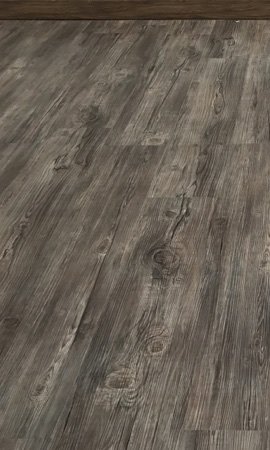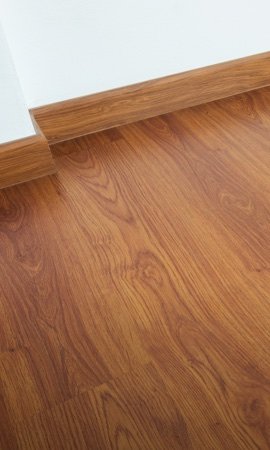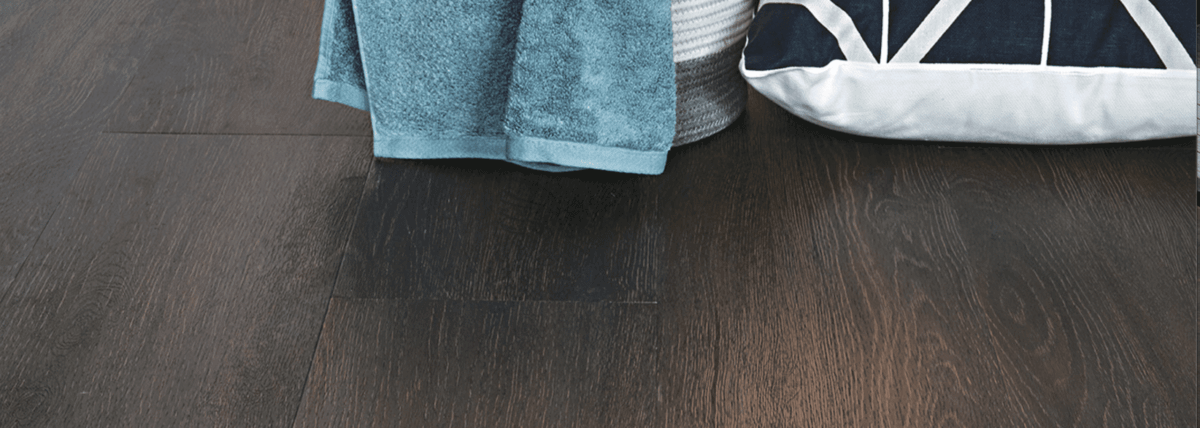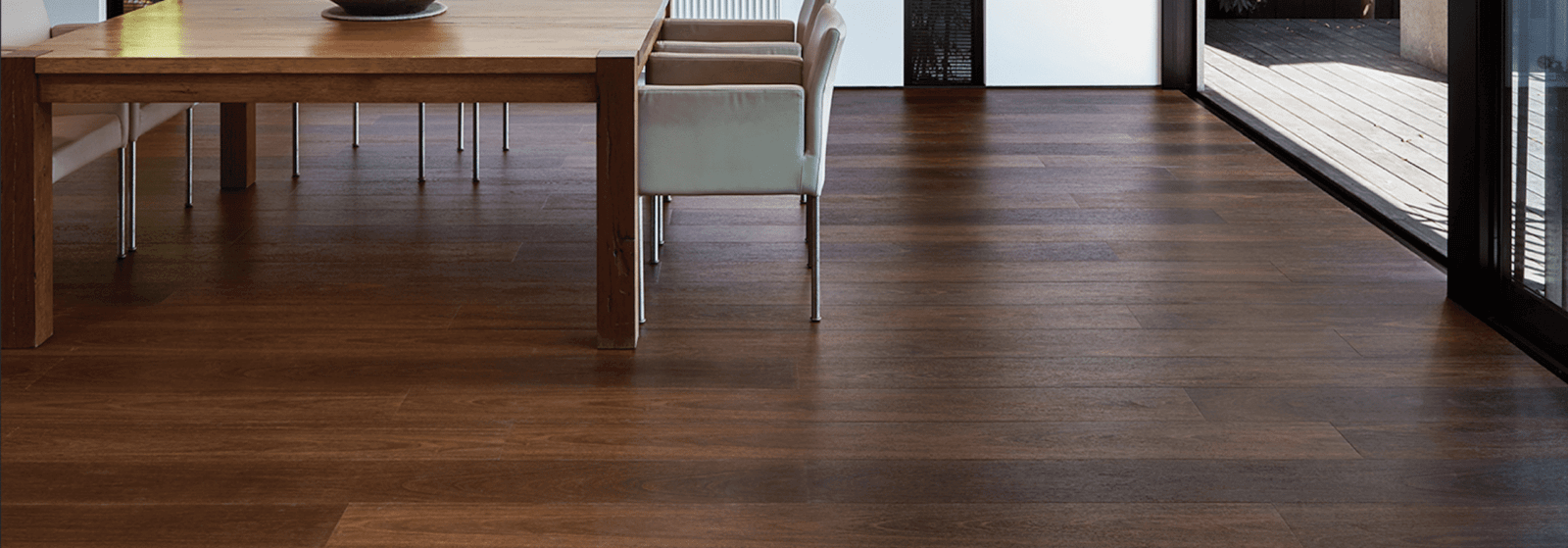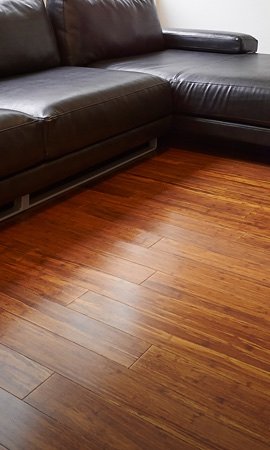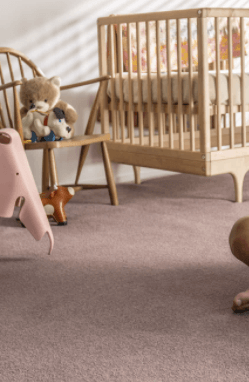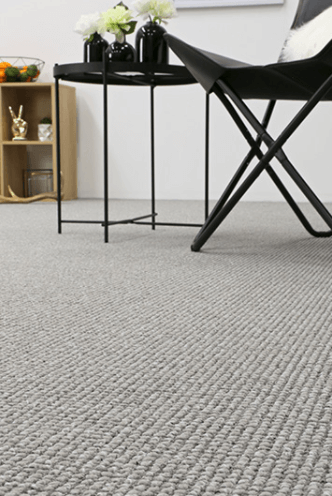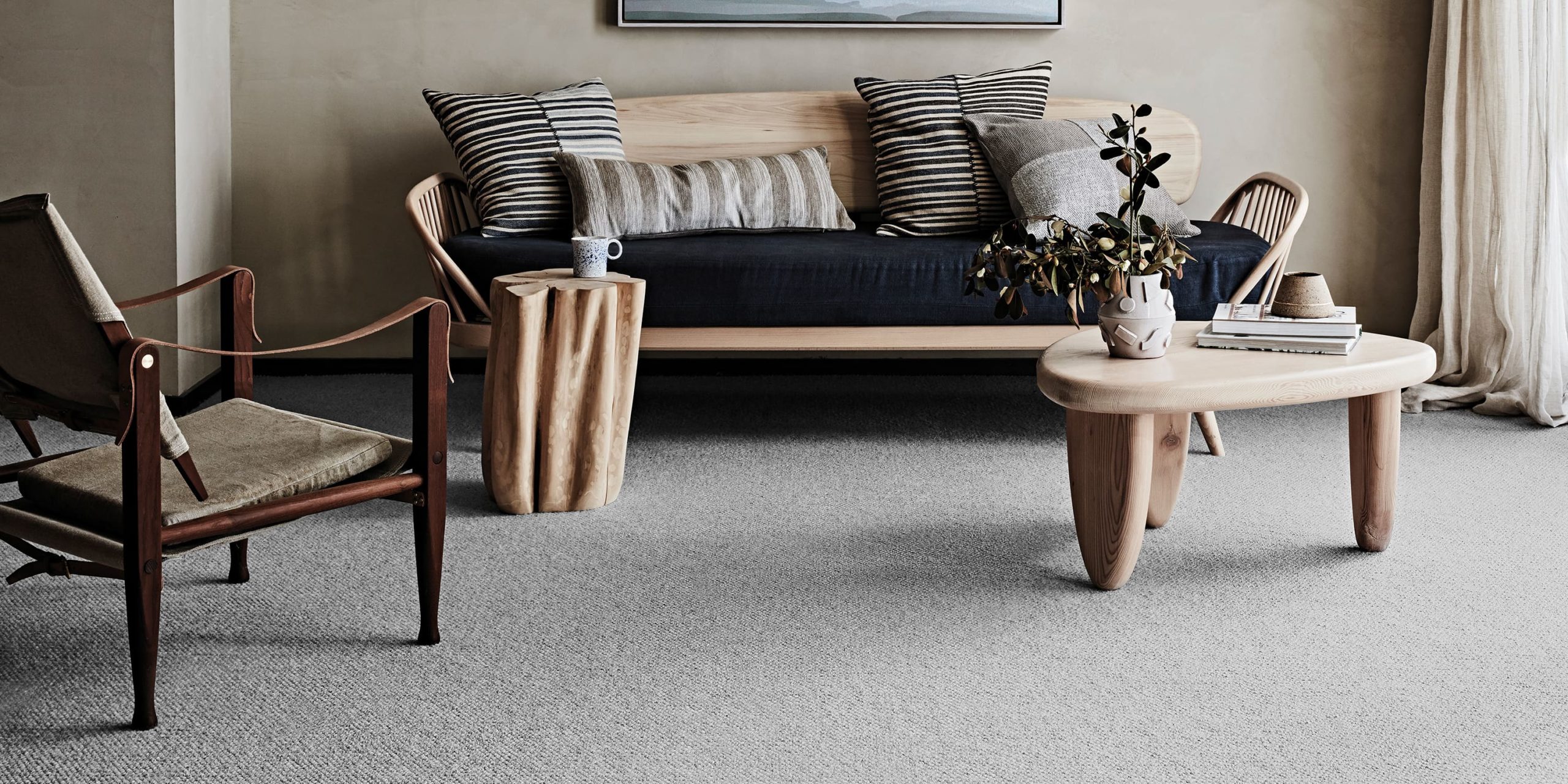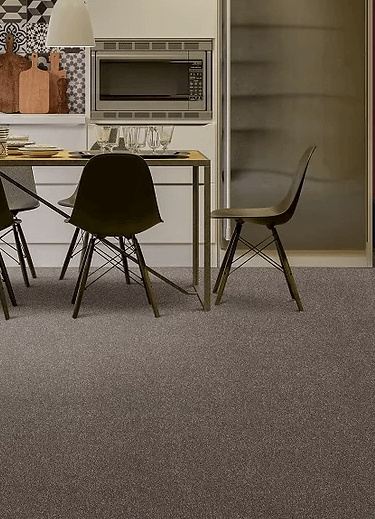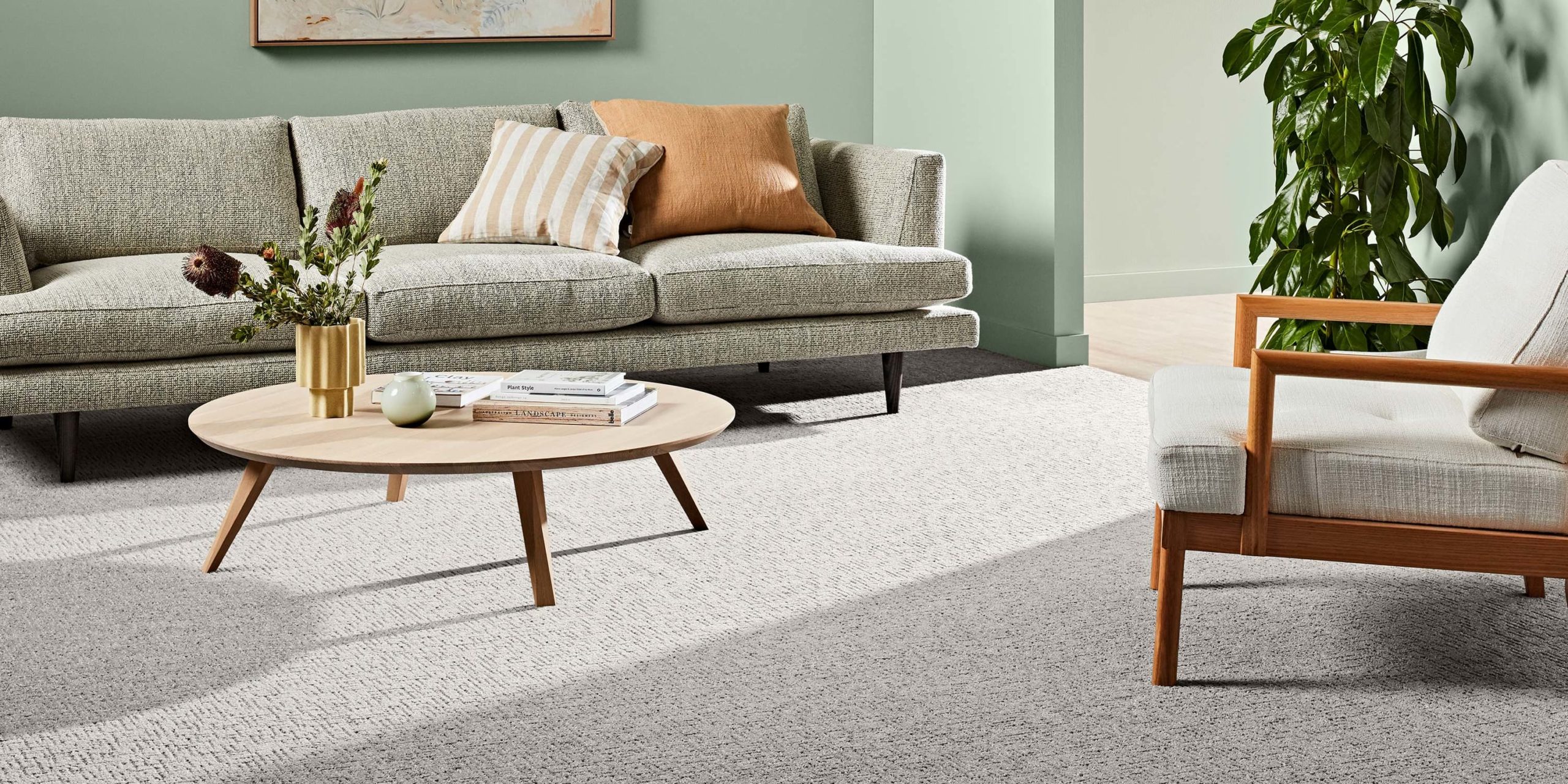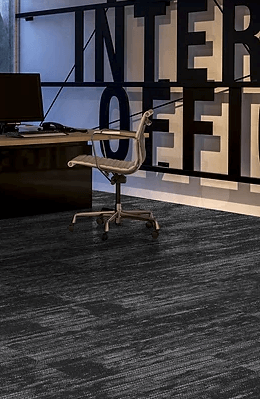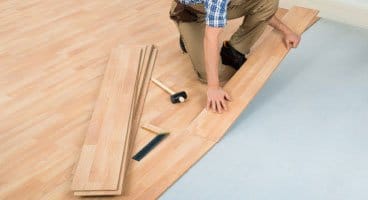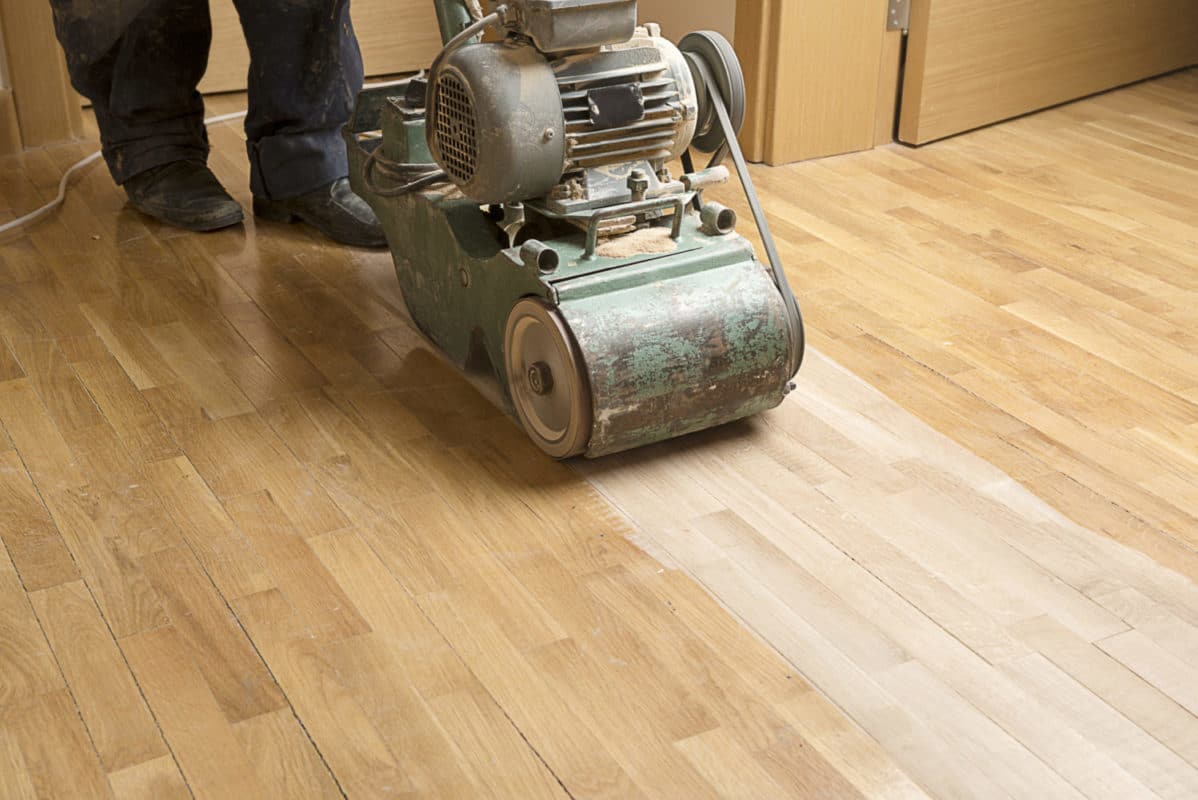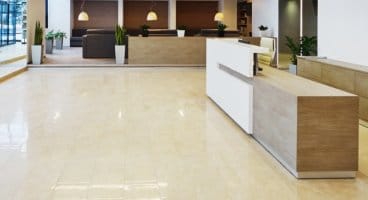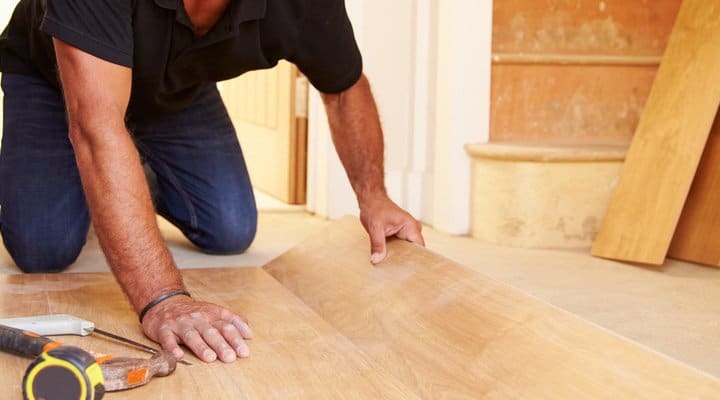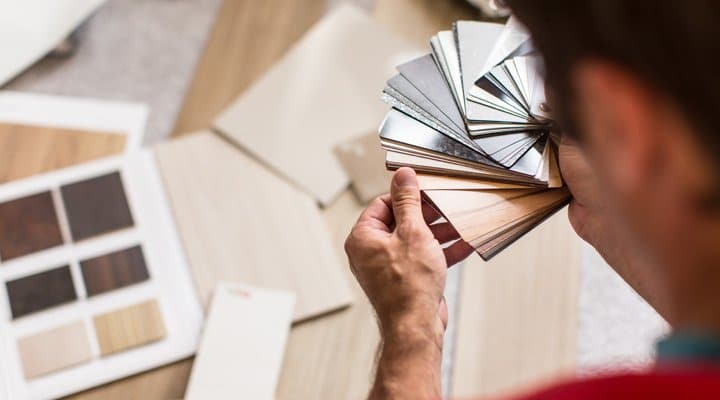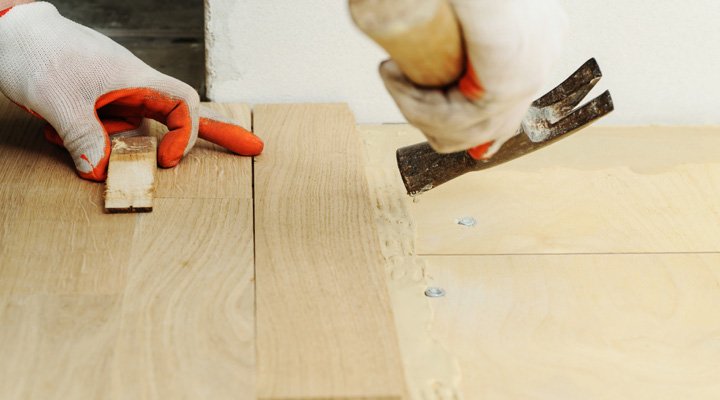

14 Aug What is Engineered Hardwood Flooring?
Engineered hardwood flooring — also known as engineered timber flooring — is a modern option that combines the timeless beauty of real wood with practical benefits such as water resistance and floating floor installation.
Before deciding if it’s the right fit for your home or office, it’s important to understand exactly what engineered flooring is and clear up some of the common misconceptions surrounding it. This article will walk you through the essentials, helping you make an informed choice.
(And if you’d like to dive even deeper, be sure to explore our full Ultimate Guide to Engineered Timber Flooring.)
What is an engineered hardwood floor?
Engineered hardwood flooring refers to a floor that is constructed of multiple layers, with a slice of real wood that’s sandwiched among a protective coating and a thick plywood substrate.
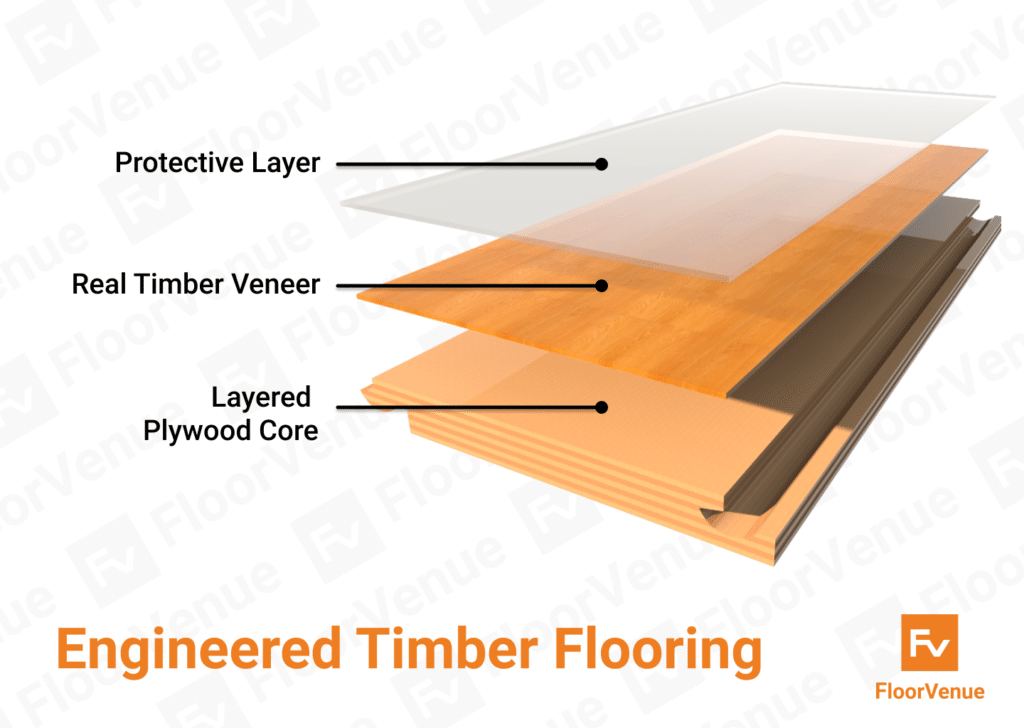

So how do these features translate into real-world flooring products?
Benefits
1) Cost
Firstly, the use of cheaper plywood as the base makes engineered timber more affordable than solid timber floors. Installation is also a cinch, as an engineered timber floor can be installed as a ‘floating floor’ over your existing one. As it doesn’t have to be glued or nailed down like traditional solid timber, you save a lot of time and cost while getting a cleaner, hassle-free result.
Additionally, all engineered floors come prefinished with a protective coating, simplifying installation as there’s no need for sanding or finishing after they’re laid. For floating or glue-down installations, FloorVenue’s expert installers follow Australian Standard 1884 (Resilient flooring installation), which specifies subfloor flatness tolerances (up to 4mm over 2 metres). This ensures your engineered timber floor performs at its best for years to come.
2) Versatility
Engineered hardwood uses a core that is stable to changes in moisture and temperature, so expansion and contraction won’t happen as much to these floors in extreme conditions.
Depending upon the products available from your supplier, the finish and core can even make your engineered floor water-resistant. This is especially great if you’d like the look of hardwood flooring in places that see a lot of water, like the laundry and kitchen.
3) Style
Most importantly, the use of real, high-quality timber on the surface means that you can still get the natural beauty of hardwood with engineered timber floors. Although synthetic alternatives like laminate or hybrid floors are becoming increasingly popular flooring options in 2020 and beyond, they just can’t look (or feel) like the real thing.
Not only do engineered timber floors make use of authentic timber, but you can still choose from the wide range of timber species out there. With a selection spanning from Australian hardwood to European oak, your preferred style of timber flooring is likely also available in engineered form!
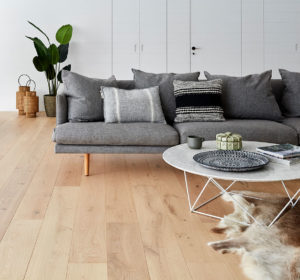

Drawbacks
So what’s the drawback of engineered hardwood flooring, you may ask?
Well, it’s that engineered hardwood flooring just can’t last as long as solid timber. With its thinner layer of timber, engineered flooring can’t be re-sanded as many times, limiting its longevity. But don’t get us wrong – engineered hardwood flooring can definitely last for decades as long as you take care of it!
Now that you know how these floors stack up, let’s take a look at two of the most common misunderstandings that we’ve seen during our time working with these products.
Do engineered wood floors scratch easily?
Engineered timber flooring is about as durable as solid timber, as both feature a genuine hardwood surface finished with a hard-wearing protective coating. This helps the floor withstand many of the scratches and dents that occur in everyday use.
However, it’s important to note that engineered timber is not as scratch-resistant as laminate or hybrid flooring, which are specifically designed with tougher wear layers. Even so, engineered timber remains highly suitable for both residential and commercial settings, offering a strong balance of durability and natural beauty.
Are engineered wood floors waterproof or water-resistant?
Many engineered timber floors are water-resistant, making them more stable than solid timber when exposed to moisture. The multi-layered core helps reduce warping and expansion, allowing engineered timber to perform better in environments with fluctuating humidity.
That said, most engineered timber floors are not fully waterproof like vinyl or hybrid flooring, so spills should still be cleaned promptly to avoid long-term damage. For installations in kitchens and laundries, waterproofing preparation should comply with Australian Standard 3740 (Waterproofing of domestic wet areas) to ensure long-term performance.
The good news is that technology continues to advance. Innovative products such as Everfloor’s HydroPro Timber use a patented waterproof core, providing world-class water resistance and making engineered timber more suitable than ever for moisture-prone areas.
Are all hardwood floors engineered?
Engineered hardwood flooring is made by bonding multiple layers together, with a real timber veneer on the surface. This layered design provides benefits such as greater water resistance and affordability, without sacrificing the natural warmth and beauty of genuine timber.
By contrast, solid timber flooring is made entirely from a single piece of wood. While it is the traditional choice and highly valued for its longevity, solid timber is generally more expensive than engineered hardwood flooring.
Engineered hardwood flooring vs solid hardwood flooring?
With all this talk about engineered and solid timber, you may be asking: what’s the difference? Fortunately, we’ve made a detailed guide on the difference between the two, which you can find here. If you’re in a rush, here’s a rundown on the difference:
| Engineered Hardwood Flooring | Solid Hardwood Flooring | |
| Cost | More affordable | Less affordable |
| Durability | Tie | Tie |
| Longevity | Doesn’t last as long | Lasts longer
(This is just because solid hardwood can be resanded many more times than engineered.) |
| Water resistance | Slightly better than solid timber flooring | Lower water resistance (if at all) |
| Installation | Floating floor, or nailed/glued down | Must be nailed or glued down |
